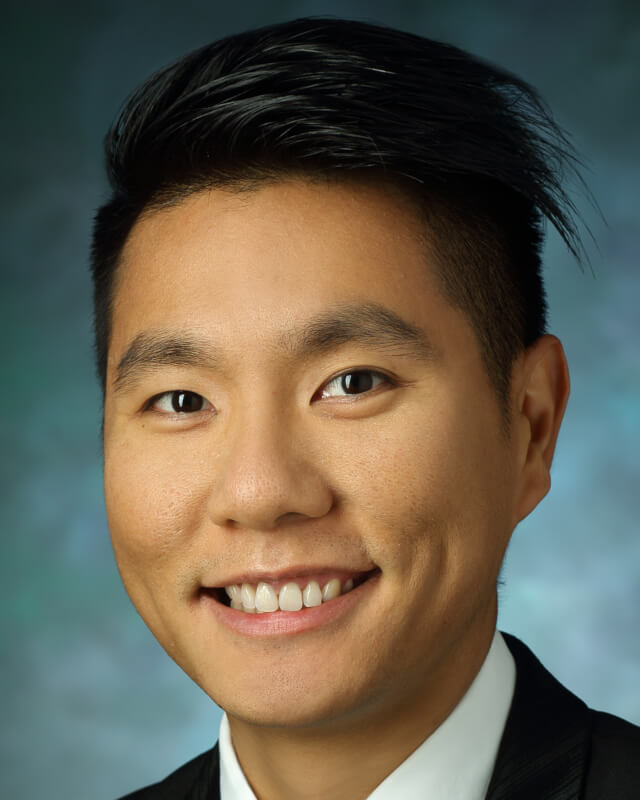Geriatric Physical Therapy Residency
The Johns Hopkins Geriatric Physical Therapy Residency Program offers educational and clinical experiences aimed at training patient-centered clinicians who deliver compassionate and exceptional care in outpatient geriatric physical therapy. To achieve this, our robust curriculum teaches evidence-informed practice, sound clinical decision making and effective communication across disciplines. The program is also committed to cultivating a clinical environment that strives for excellence, embraces diversity, encourages innovation and fosters creativity. Through these efforts, we aim to increase the number of highly skilled and competent geriatric physical therapists, preparing them to serve the community as clinical specialists, advocates, mentors, scholars and investigators in the field of geriatrics.
Duration: 13 months
Accreditation: ABPTRFE Accredited
Application opens: February 17
Application deadline: Rolling admission
Apply: Apply through Interfolio. Applicants will create a free account in Dossier. Uploaded documents will be saved in the user’s account and can be used for other Interfolio-hosted applications.
Program start: August 2025
Clinic locations: The Johns Hopkins Hospital and Johns Hopkins Bayview Medical Center
Observation sites: Johns Hopkins Care at Home and Renaissance Skilled Nursing Facility at Sibley Memorial Hospital
Prerequisites: applicant must be a graduate of an accredited physical therapy program, have a valid Maryland physical therapist license and be eligible to work in the United States without visa sponsorship by the PMR department. Please note, the FSBPT licensure exam must be taken before your cohort year (dates TBD).
View program flyer
Program Features
The residency provides exposure to various geriatric conditions, diagnoses and treatment methods across a wide range of clinical settings, including acute care, home, skilled nursing facilities and outpatient care. The curriculum covers all core competencies needed to prepare for and pass the APTA examination to become a board-certified geriatric clinical specialist.
- Patient Care
- Over 1,500 hours of clinical practice
- Shadowing of various procedures and surgeries with referring providers including total joint replacement procedures
- Mentorship
- More than 150 hours of one-on-one clinical mentoring with board-certified clinicians
- Instruction
- Multi-disciplinary didactic curriculum consisting of synchronized and asynchronized content
- Virtual and in-person classroom experiences
- Attendance of the Johns Hopkins orthopaedic continuing education modules that focus on evaluation and manual treatment skills of the hip, knee, ankle, cervicothoracic, shoulder, elbow, hands and lumbopelvic regions
- Enrollment in the Certified Exercise Expert for Aging Adults process.
- Participation in research activities and quality improvement initiatives
- Attending the APTA CSM meeting
- Interdisciplinary and Cross-Department Work
- Collaboration with Johns Hopkins orthopaedic, neurologic and women’s health residency programs including dedicated time with an orthopaedic residency mentor.
- Collaboration with faculty and other students with varying backgrounds (gerontologists, geriatricians, epidemiologists and biostatisticians) to learn how to conduct the multidisciplinary research needed to define models of healthy, productive aging and to explore prevention and intervention strategies to accomplish this goal.
- Participation in community and interdepartmental engagement through journal clubs, in-service presentations and outreach programs.
Residency Program Director
Spencer Gonzaga, P.T., D.P.T., G.C.S.

